GoDaddy and puppies? It’s not a typo. The web firm famous for very racy ads had decided to replace scantily-clad models with cute canines. It seemed like GoDaddy was cleaning-up its act, but that wasn’t the way everyone saw it.
The commercial’s storyline featured one particular pooch that was lost, found, then put up for purchase by the puppy’s owner. In light of this plot, some people felt the commercial condoned puppy mills, which led to backlash against the ad, and caused GoDaddy to suspend the spot.
I can’t believe I’m saying it, but “Way to go, GoDaddy.” The company can be commended both for trying to sell its services using something other than sex and for showing sensitivity, albeit under pressure, to individuals concerned about the puppy mill suggestion. GoDaddy appears to be making some movement toward “Mindful Marketing.” Of course, the ad the firm uses to replace the puppies remains to be seen.
In this case, what’s more troubling than GoDaddy’s recent actions is consumers' relative apathy about GoDaddy’s previous ads and others like them. Individuals are distressed about the implication of cruelty to puppies, so why aren’t we equally disturbed about the actual denigration of people?
Many GoDaddy commercials, as well as those by certain other Super Bowl advertisers over the years, have featured women in extremely sexualized situations, including varying states of undress. Such ads objectify women, i.e., strip away their personhood and relegate them to a mere set of stimulating body parts—objects of sexual gratification. Here are some of those ad examples: GoDaddy 1, GoDaddy 2; other firms' ads.
This over-sexualization is hazardous in its own right; however, it becomes even more dangerous when recognized for reinforcing harmful gender stereotypes, promoting unrealistic body image, and encouraging sexual addiction. These connections are relatively easy to project. Other outcomes, such as violence against women and sex-trafficking, are more complex and indirect but not unreasonable to relate to such public over-stimulation.
Of course, we must value all life, including that of animals, but something is wrong when our collective concern for people fails short of our corporate concern for puppies. Where is our comparable backlash against ads that endanger the well-being of our sisters, daughters, wives, and mothers, not to mention the health of our society as a whole?
Specific marketers are the ones who create such commercials and deserve ultimate accountability. However, in this instance, by not voting against them with our dollars or making our voices more loudly heard, we as consumers bear some responsibility for “Single-Minded Marketing.”
Learn more about the Mindful Matrix and Mindful Meter.
Check out Mindful Marketing Ads and Vote your Mind!


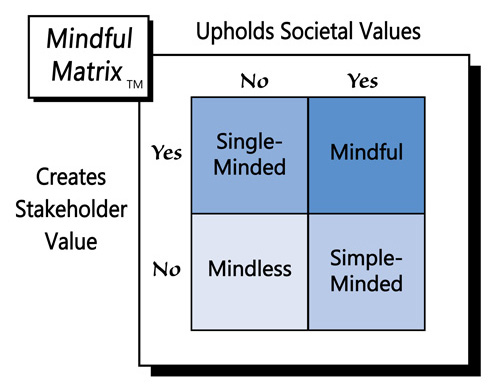


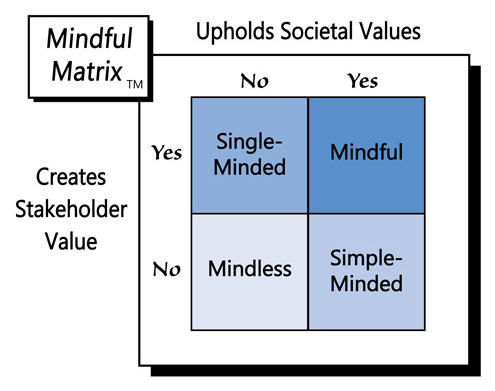

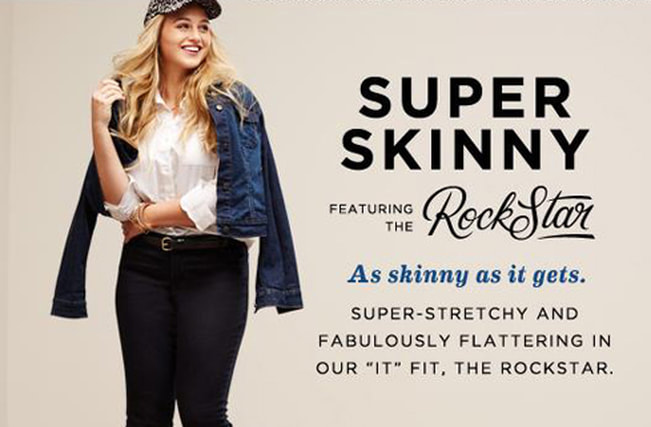
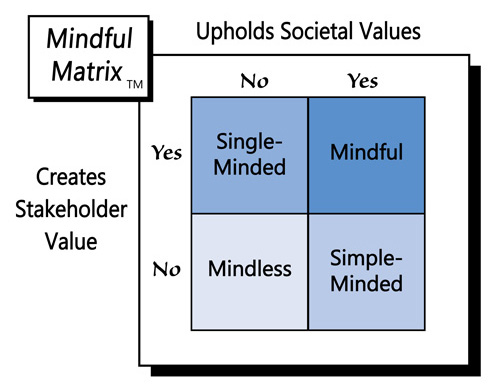
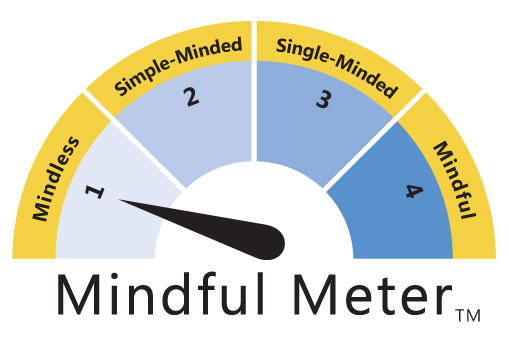

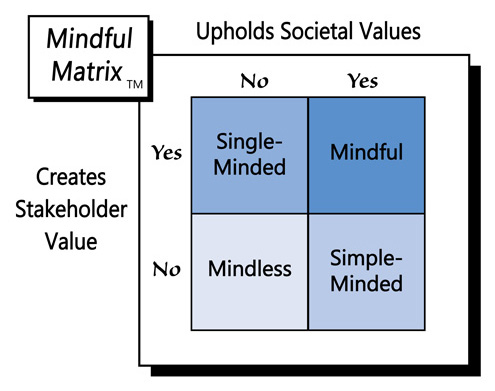


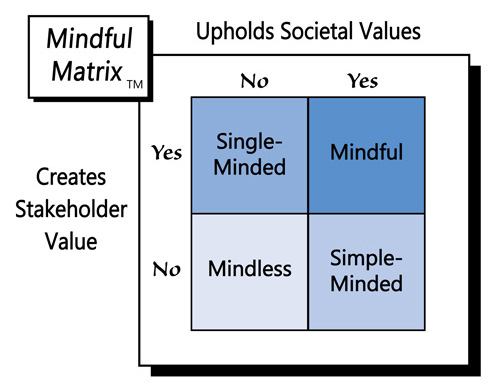

 RSS Feed
RSS Feed